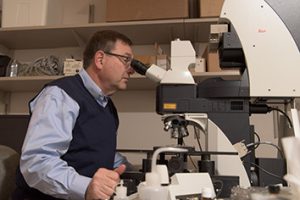Indy firm nabs $15M to expand brain surgery technologies
The new funding builds on the $18 million NICO Corp. has raised from investors since its founding in 2008. The money will help the firm conduct clinical trials, commercialize new products and expand its staff beyond North America.



